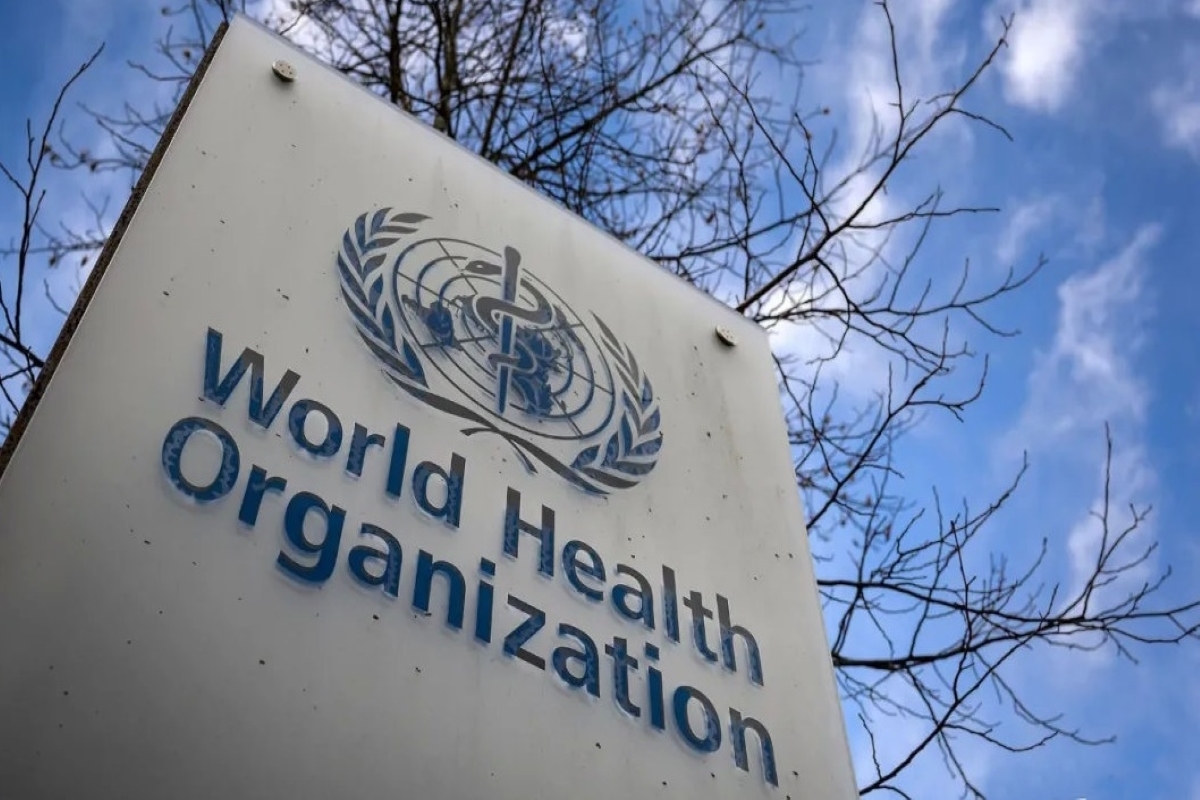On World Cancer Day, the World Health Organization (WHO) called for the gap in the availability of cancer care in high and low-income countries to be addressed.
Globally, cancer is one of the leading causes of death, with an estimated 20 million people diagnosed and 10 million deaths from the disease in 2021, the WHO said.
Advertisement
These numbers will continue to rise in the decades ahead, Xinhua news agency quoted the global health body as saying.
Though all cancers can be treated and many can be prevented or cured, available care reflects global inequality. Comprehensive treatment is available in more than 90 per cent of high-income countries, but less than 15 per cent of low-income countries, WHO said.
Cancer services are covered by national healthcare services in only 37 per cent of low- and middle-income countries, compared to at least 78 per cent of high-income countries.
WHO highlighted the role of national cancer centres, saying they can be a one-stop shop for prevention, diagnosis, multidisciplinary treatment and supportive care, which makes it easier for patients to navigate services with concentrated expertise, and leads to better results.
Radiotherapy is among the most cost-effective, efficient and widely-used treatments for cancer, but worldwide access remains inadequate.
Due to the Covid-19 pandemic, many countries have also experienced disruption to cancer screening and treatment, WHO noted.











